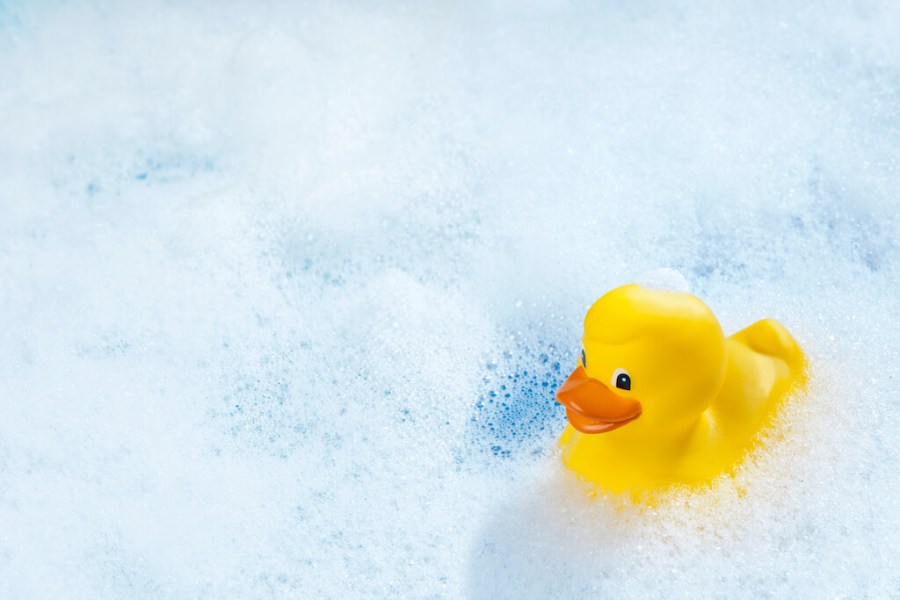It can be tough to exercise outside in the summer heat, when every step feels much harder than it should. Now, though, scientists think they’ve discovered a simple way to help your body acclimatise: warm baths.
The new paper, published in the Journal of Science and Medicine in Sport, found that taking a 40-minute bath, after training in normal temperatures, can help your body to adapt to warmer temperatures better than the more traditional acclimation method of simply exercising outside in the heat.
Taking a warm bath in water of about 40°C was shown to elicit improvements in resting body temperature, sweating performance and post-exercise temperature – which were better than those gained from training in hot weather.
Hot stuff
This new research is the latest in a series of scientific papers, which have revealed the surprising performance benefits of baths.
“We found that if you take a hot bath after exercising in temperate conditions, building up from ten to 40 minutes over the course of six days, you get a profound reduction in resting core temperature of about a third of a degree, which more than bettered exercise heat acclimation,” explains Professor Neil Walsh of Liverpool John Moores University, who has led much of the hot bath research in recent years. “This translates to lower body temperature during exercise in the heat, lower heart rate and reduced cardiovascular strain.”
The mechanism behind this adaptation has yet to be fully explained, but it seems that hot baths help your body to become more efficient at managing heat without losing any extra sweat, which could otherwise lead to further dehydration.
And research suggests the practise seems to work well for elite athletes and recreational athletes alike, which is why international footballers and pro cyclists are already following this hot-bath protocol.
However, before you start running the hot tap seven nights a week, stay mindful of the fact that hot baths may impair sperm function and reduce fertility. So if you and your partner are trying to conceive, get out early or late in the day and, if needs be, swap hot-weather acclimatisation for hot-weather avoidance.







